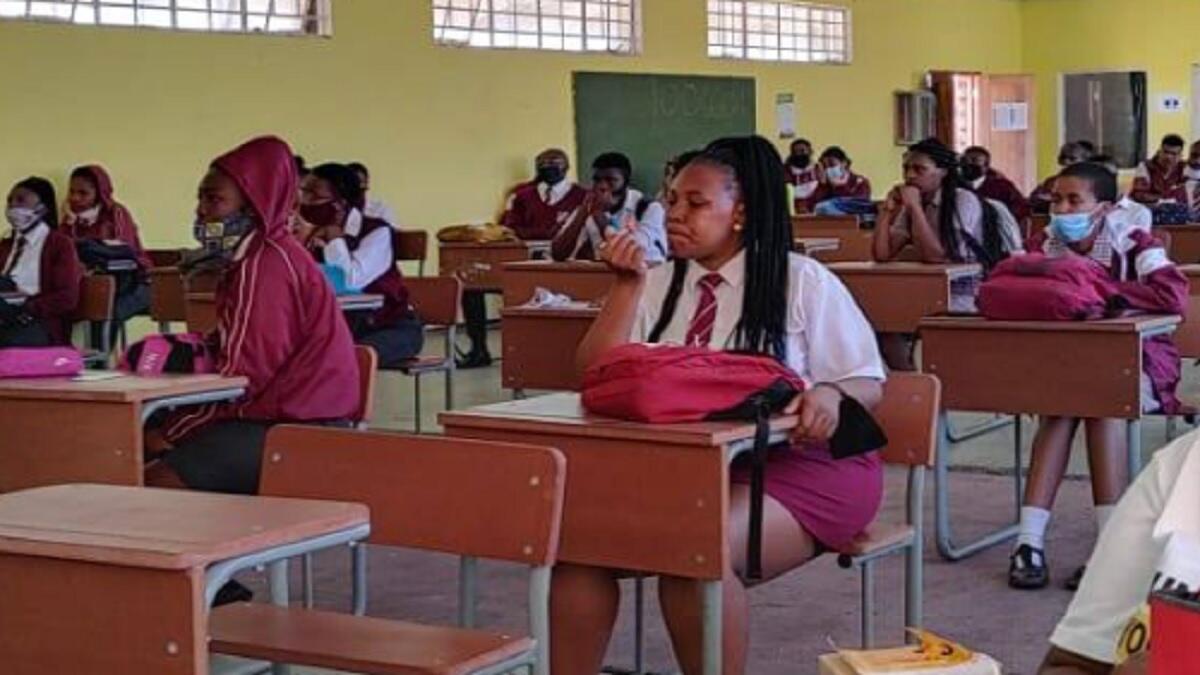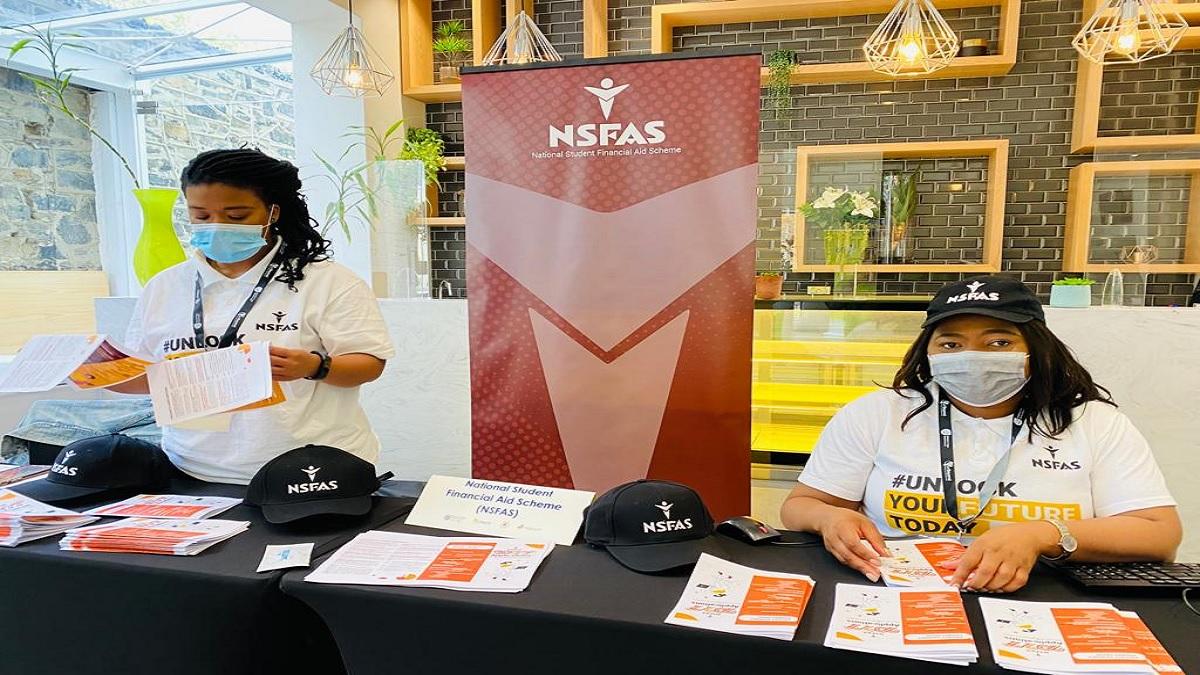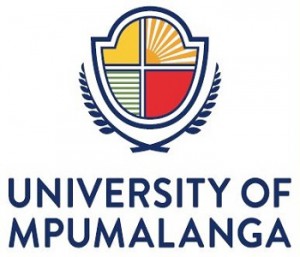UJ is one of the latest tertiary institutions to come into the spotlight regarding student complaints. Student protests erupted during the second week of February 2023 when most institutions reopened for the academic year.
Students at the University of Johannesburg (UJ) have expressed their dissatisfaction with the battle to successfully register for the academic year.

Students are complaining of the endless difficulties they’ve been having when trying to register; most are unable to complete the registration process due to financial exclusion as a result of the debt owed to the university, and residence maintenance has created a backlog, preventing the successful securing of student accommodation.
The current registration period for the University of Johannesburg has been extended until Sunday, 5 March 2023, but students are worried about registration periods eventually closing before they are able to fully register.
The institution has extended the window to register twice now, but if students are still unable to successfully register, this would be deemed a “massacre towards the dreams and hopes of young people, Black students in particular,” says UJ’s SRC President, Mxolisi Manana.
According to the SRC, historic debt is the cause behind why some students are having difficulties with concluding their registration, which they say is a “crisis”. Because students owe the institution money, they are blocked from registering and getting started/continuing with their academics, which could have serious consequences down the line.
NSFAS provides bursaries to assist students with their studies who don’t have the financial means to do so themselves. Part of that assistance comes in the form of NSFAS covering registration fees and students’ tuition.
However, Manana says that NSFAS is unreliable, especially because NSFAS is notorious for having delays when it comes to disbursing allowances to students on time.
If NSFAS has not yet paid tuition fees for this year, students funded by the scheme cannot register; a problem that is not in their control.
“There is a great lack of support that students have received from NSFAS”, says Manana.
Student accommodation is another headache that students at various institutions have been struggling with, mostly due to the fact that NSFAS allowances are not enough to afford accommodation, and there is also not enough infrastructure currently present to accommodate the growing number of students that have joined higher education.
Although Manana says there have been positive developments over the last two to three years, in terms of the university building more on-campus residences and maintaining them, there is still work that needs to be done.
UJ is not the first institution to have students voice their complaints, particularly when it comes to university admin.
Another university, recently placed in the spotlight for the lack of student support when it comes to registration specifically, is the University of South Africa (Unisa).
Other tertiary institutions across South Africa have been experiencing ongoing protest action since 13 February 2023 for similar reasons, when most universities and colleges reopened their doors for the new academic year.
What began at the University of Cape Town (UCT) has now spread to other institutions across the country, including the University of the Western Cape (UWC), North West University (NWU), and the University of KwaZulu-Natal (UKZN).
Other grievances that led to the protests were the increase in tuition fees as well as issues related to the National Student Financial Aid Scheme (NSFAS).
Student Representative Councils (SRCs) have been negotiating and working to resolve the current issues they’re experiencing with their respective universities, alongside the Department of Higher Education and Training (DHET) has also stepped in.
READ ALSO:
- Education Minister Condemns Murders Of Students
- Education Department Now Resolving Issues Causing Protests Across Versities
- Education Funding Must Take Expansion Into Account
Demzyportal Category: News

